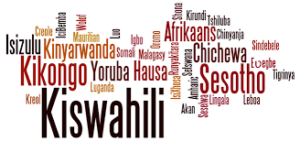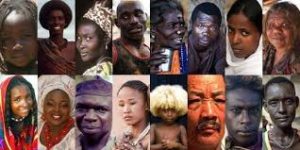Looking at the rise of Translation technology today really worries the human Translations. The long running debate between machines and human Translations still remains due to the fast-growing technology in the world.
Machine Translations
Also abbreviated as MT is a sub-field of computational linguistics that investigates the use of software to translate text or speech from one language to another. The idea of machine translation may be traced back to the 17th century. In 1629. MT performs simple substitution of words in one language for words in another, but that alone usually cannot produce a good translation of a text because recognition of whole phrases and their closest counterparts in the target language is needed. This has been tackled through the use of corpus statistical and neural techniques to handle differences in linguistic typology, translation of idioms and the isolation of anomalies. (Wikipedia)
There are number of free translation tools readily available like Google translate, Skype translator among others. With such an advanced technology, Does this spell doom for human translators?
Human Translations
However much there’s a fast-growing rate of technology and it is highly affecting the way we communicate; the answer would be No, it does not spell doom to human translations. Here are some of the reasons as to why human translations cannot be substituted,
- Accuracy
It’s always the translator’s job to ensure the highest level of accuracy with work. This is done through a number of proof reading sessions and constant reviews to ensure a good quality process whereas machine translations the level of accuracy can be low.
- Context
Translators/humans can interpret context and capture the same meaning, rather than simply translating each word. In this case machines cannot translate context.
- Idiom use
Qualified translators can understand the idiomatic differences between their languages which is not the case with Machine translations. They can also interpret the creative use of language, e.g. puns, metaphors, slogans, etc.
Both translation means play a different vital role in the translation industry and it is up to the client to choose the right service for a particular product.










